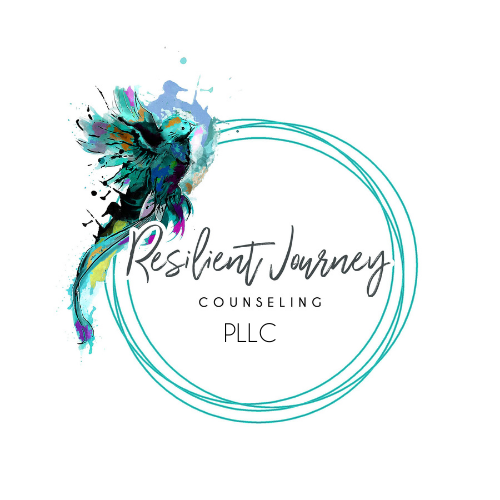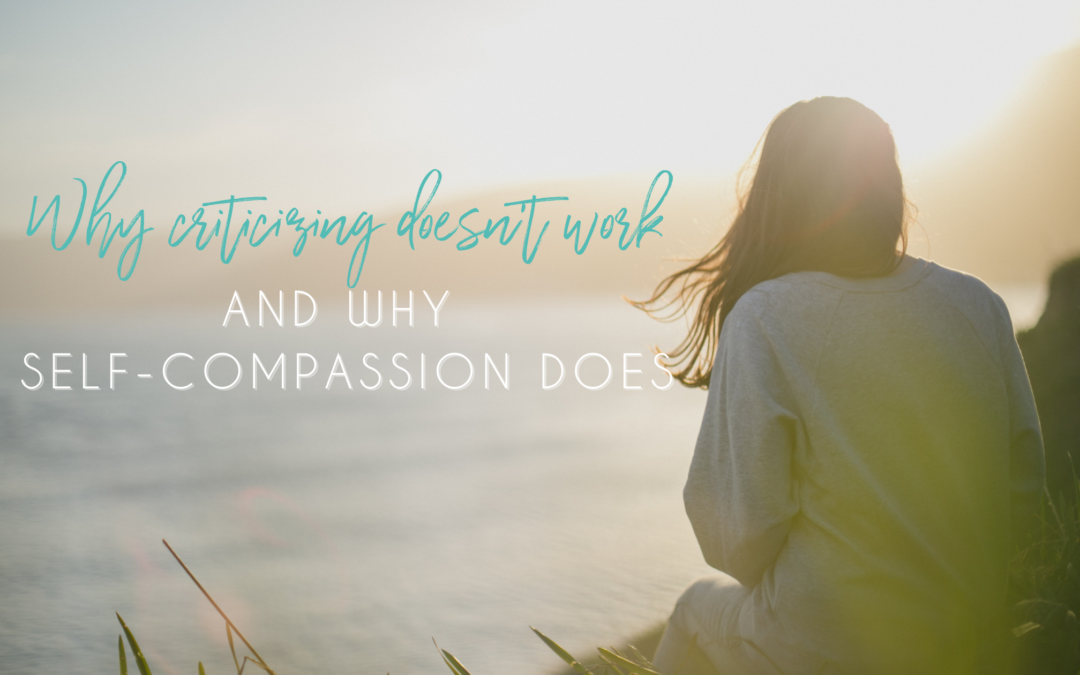Self-compassion is an essential quality for living a healthy life. It allows you to accept your flaws and failures, forgive yourself, and move on. It helps you realize that mistakes happen to everyone, and there is no reason to be ashamed of your own.
Self-compassion can also help you deal with difficult emotions such as anger or sadness by allowing you to express them without feeling overwhelmed or letting them take over your life.
In contrast, self-criticism tends to make people feel worse about themselves after making a mistake because they are focused on how bad they feel rather than how they can move past their mistakes to better themselves later on down the road.
Self-criticism is bad for your health and is linked to depression, anxiety, eating disorders, and other unhealthy behaviors.
Here’s why: when you criticize yourself, you’re telling yourself something is wrong with who you are or what you have done. This behavior can lead to low self-esteem, which makes it difficult for people to feel good about themselves and their actions—even if they do something positive.
Here are some ways to practice self-compassion:
Practice mindfulness in moments of distress.
Mindfulness is a way of paying attention to the present moment. It means bringing awareness to the here and now rather than worrying about the past or future. When you are mindful, you accept what is happening in the present moment without judging it as good or bad.
- Talk to yourself like you would a friend.
Talk to yourself like you would a friend. Talk to yourself like you would talk to your best friend or your child. You wouldn’t tell your best friend that they were “stupid” for not remembering something or call them an “idiot” because they had forgotten something. That does not motivate them and does nothing but make them feel worse than they already do. Instead, use encouraging words such as “you will get it next time!” or “I know this is hard, but if we keep working together, we will get through this!”
- Remind yourself that everyone fails at something.
We’re all human, and we’re all still learning. You are going to make mistakes – everyone does. So, the next time you criticize yourself, remind yourself that everyone sometimes fails. Instead of beating yourself up for your failure, learn from it.
- Comparison is the thief of joy.
Stop comparing yourself to others. Stop comparing yourself to your past self. Stop comparing yourself to your friends, partner, and family members. Stop comparing yourself to celebrities or others who have achieved things you haven’t—and don’t try to be someone else! You are enough as you are.
The words we use to talk about ourselves are powerful. They influence our thoughts and feelings. They can make us feel bad about ourselves or lift us in ways that help us grow. Always remember that it doesn’t take much to be compassionate, and it doesn’t cost much to be kind.

